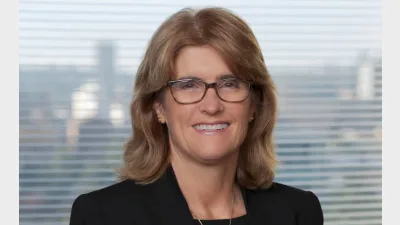Active managers continue to cede territory to Aussie funds



Australialia’s superannuation industry continues to grow in scale and challenge traditional active managers, analysts have highlighted.
Morningstar’s latest Industry Pulse report has revealed that total shareholder returns for most ASX-listed fund managers have lagged the S&P/ASX 200 Index since 2022, when interest rates rose from historic lows.
According to equity analyst Shaun Ler, for shares to gain momentum from current levels, further improvements in fund flows and operating margins are needed. However, the pool of funds available for traditional active managers is shrinking, as a result of growth in the superannuation sector.
Namely, Ler said that superannuation funds, in particular, industry or profit-for-member funds will continue growing in scale and challenge traditional active managers.
“Through default choice and mandatory contributions, industry funds are pressuring fees and can tap into a broad range of investment opportunities, including unlisted options – a byproduct of scale,” the analyst said.
“Inflows into multiasset funds likely reflect flows into default ‘MySuper’ investment options. They’re known for simplicity, cost-effectiveness, and a balance of growth and defensive assets, which typically change with age.”
According to the company, this can also be observed in the shift toward low-cost ETFs, particularly those in traditional asset classes like equities.
Just as industry funds are seeing increased appeal, the report highlighted a growing investor demand for simplicity, diversification, and ease of access – qualities that are often used to describe an ETF.
“We expect ETFs will further capture market share from traditional active managers, including many of our covered firms, which largely focus on conventional equity and fixed income strategies,” the research house said.
Meanwhile, it conceded that active managers, as a whole, lack the robust performance needed to reclaim the market share lost to passive investments.
This comes even as the average 12-month net flows for Morningstar’s covered firms – including Challenger, GQG, Magellan, Perpetual, Pinnacle, Platinum, and Insignia – improved for the fifth consecutive quarter.
This amounted to around negative 2 per cent of opening funds under management in September 2024, up from about negative 8 per cent at the end of June 2023, as flows recovered from prior cyclical lows.
“However, this remains below 2 per cent and 4 per cent for the Australian and global markets, respectively, for the same period – indicating share losses at the cohort level,” Ler said.
In the near term, however, Morningstar does expect some winners to come out of this group. Notably, it predicts strong performers like GQG will capture flows at the expense of underperformers such as Platinum.
“We expect active managers to face various challenges, including greater scarcity of undervalued securities, pressure to remain fully invested to avoid underperformance, and competition from passive funds that simply track the market,” Ler said.
“Accordingly, we anticipate portfolio returns for our covered firms to reduce to mid to high single digits over the medium term, from the double-digit returns many experienced in 2024.”
Recommended for you
Advice licensee Centrepoint Alliance has entered an agreement to acquire the comprehensive financial advice book of the super fund’s subsidiary firm.
A coalition of industry groups including the SMSF Association is demanding the government and the opposition “immediately and unequivocally rule out any move to tax unrealised investment gains in any part of the tax system”.
AMP’s new chair has used his inaugural AGM address to call for policy reform on the “decumulation” phase of superannuation and position AMP as a key player in addressing the challenge.
Reserve Bank governor Michele Bullock has quashed hopes of an out-of-schedule rate cut, telling an event in Sydney that it remains too early to determine the trajectory of interest rates as the RBA grapples with growing global economic volatility.












